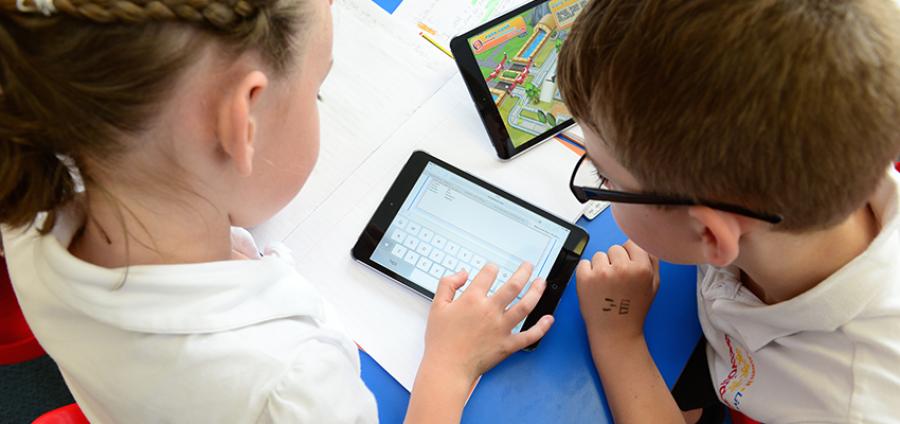
Education Technology and it’s changing pace
Children going to school this year will retire in around 2075. To put that into perspective with the 20th Century; in 1915 the First World War had just begun and by 1975, the nuclear bomb had been invented, humankind had landed on the moon and the personal computer was gaining momentum. The world as we perceive it today, will be markedly different in 2075. Many of these children will see the 22nd Century, how can we prepare them for this future when we can barely predict the next five years?
For us to captivate the current generation we must engage them in a way that reflects their everyday lives, not just the way that we as educators perceive how they should learn. The children of today live a life of immediacy - if it cannot be consumed or described in less than 140 characters or two minutes of video then they are not interested. So it raises the question, how do we cater for their educational needs?
If a child is presented with the newest computer game they will obsessively play it and try to improve better and faster than their peers. They will share their achievements and wear them like a badge of honour. Yet if you place those same pupils in an ordinary ICT lesson in school, their enthusiasm will lessen. The days of ‘let’s go and do ICT’ are gone. ICT is endemic across all areas of life and education must reflect this. The key to improving pupil attainment is engaging them in a way that reflects the rest of their digital lives.
There was a time where the Teacher would stand at the front of the classroom and would possess more knowledge than all the students that sat in front of them. However, now a Teacher can make a statement about a fact or a subject and with a few clicks or taps the student can correct the Teacher. A Teachers knowledge into todays classroom pales in comparison to the power of the internet. A teacher must become a guide, a leader and a mentor to encourage and enable, to allow students to progress.
It has been proven as a fact that children learn best when they are having fun and they do not know that they are learning. Embracing and encouraging the use of technology is the best course of action for students to progress. If they continue being taught in the traditional methods, students will be less engaged and they will return to their homes and use their own computers and tablets to learn in the way that they want to learn. The iPad has moved beyond a ‘fad’ in education, the power of truly placing learning in students hands is the reality now. KRCS are working with many Schools across the UK to help improve attainment and using iPad to do this has become the norm. Please see our Case Study page and get in touch with us so that we can help you along this journey.
No Comments yet. be the first to comment.